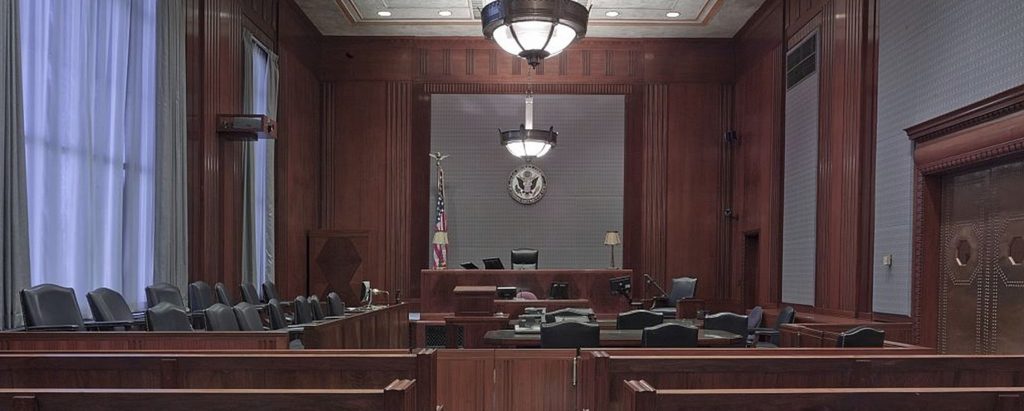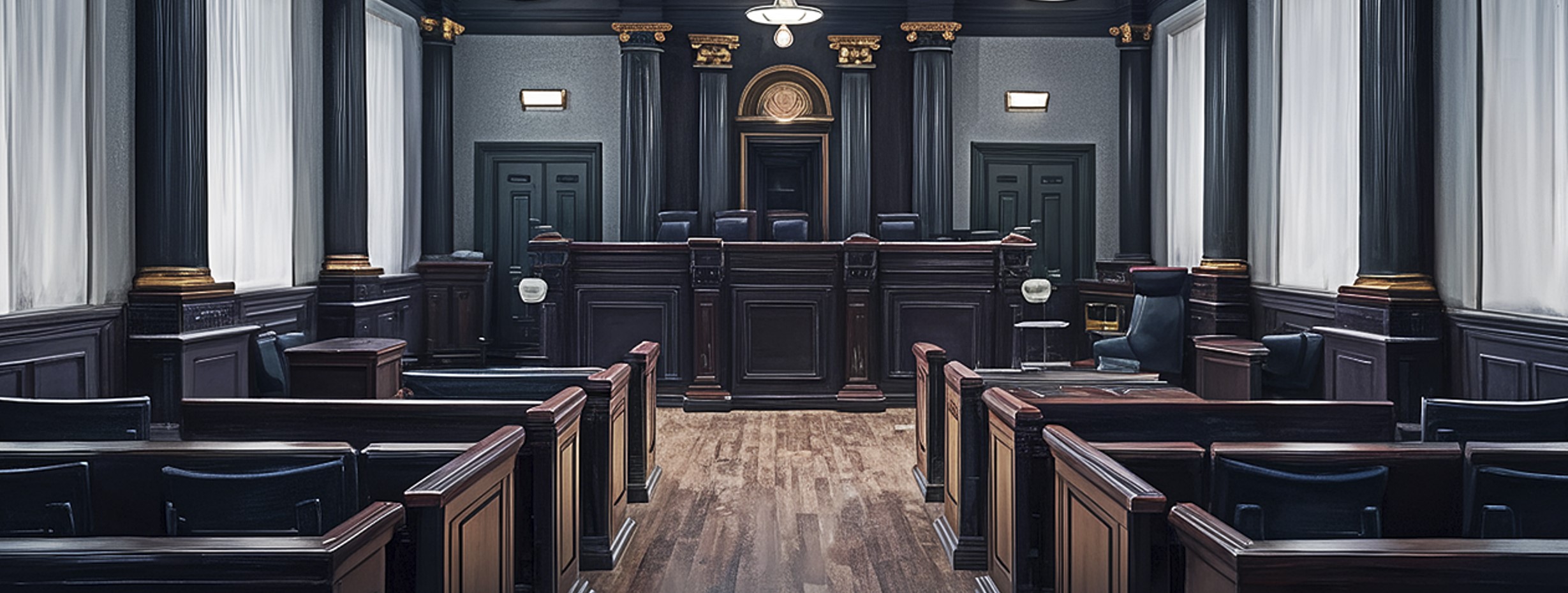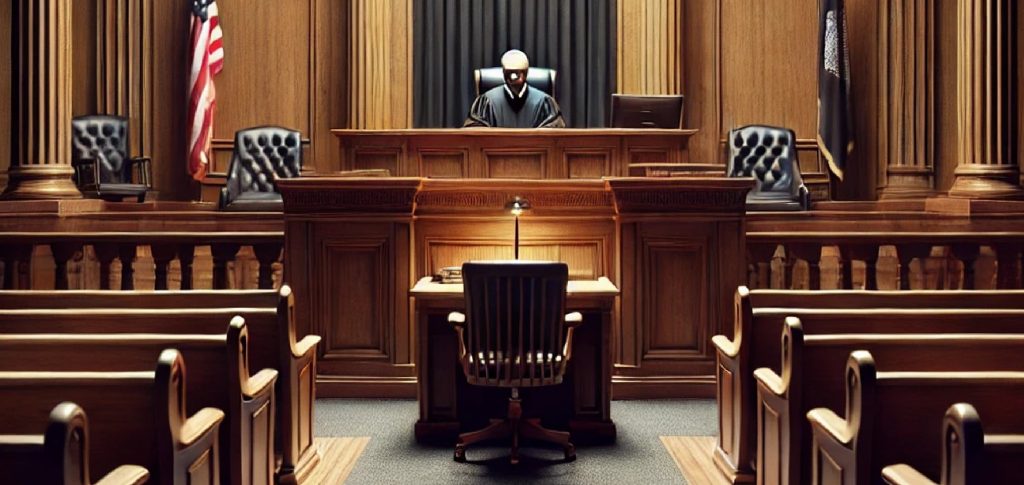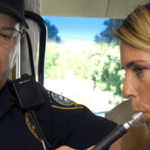Will the charges be dismissed if the victim fails to appear in court?
A common MISCONCEPTION is that the judge will dismiss all charges if the victim fails to appear in court. This issue is more complex than you might think.

If the victim fails to appear, charges are often not dismissed.
Most people know that if a police officer fails to appear at a hearing for a traffic ticket, the judge will dismiss the ticket. A common misconception is that the judge or prosecutor will dismiss a criminal case or charges if the complainant or victim fails to appear, such as in a domestic violence case. Charges are not automatically dismissed if the victim fails to appear in court. There are many factors a court and the prosecutor must consider before deciding to dismiss a case. The prosecution will often proceed without the victim’s participation or consent, even when the victim wants to drop the charges.
The potential outcomes if the victim fails to appear in court:
- dismissal without prejudice (the prosecutor can bring charges back again)
- material witness warrant for the victim’s arrest
- an adjournment of the proceedings
- new criminal charges for interfering with the administration of justice or intimidation of a witness if the prosecution believes the defendant caused or precipitated the victim’s failure to appear
How can the prosecutor proceed without a victim?
The victim, also known as the complainant, is not the plaintiff in a criminal matter. The government is the plaintiff, and the victim is considered the “complainant” or “complaining witness.” Consider a murder case. These matters always proceed to trial without “victim” participation. Whether the prosecution will proceed without the victim in a felony or misdemeanor case is a complex issue involving an evaluation of the statutes, court rulings, the rules of evidence, and constitutional law. If the prosecutor can lawfully proceed to trial using evidence other than the complainant’s testimony, the government will rarely agree to a dismissal.
A witness’s out-of-court statements are called “hearsay;” however, there are more than 20 exceptions to the hearsay rule, and the prosecution might seek to introduce the complainant’s statements to police, 911, medical professionals, family, and others as evidence of the defendant’s guilt. A defense lawyer’s role is to legally challenge the prosecution and prevent the government’s use of hearsay and circumstantial evidence.

What evidence can the prosecutor use if the victim fails to appear for trial?
If the victim or complainant fails to appear in court, the prosecution’s best evidence is the testimony of third-party witnesses. For example, say a husband and wife get into a physical altercation at a family reunion. The wife wants the charges dismissed and refuses to appear in court. The prosecution can proceed by issuing a subpoena to anyone who witnessed the incident.
Alternatively, there are many instances when the government can introduce the victim’s out-of-court statements as evidence at a trial. There are numerous examples of how this might be possible. A person’s out-of-court statements are typically called “hearsay” and inadmissible; however, many exceptions exist to the hearsay rule. Some standard exceptions include the following:
- statements made for medical treatment or diagnosis,
- excited utterances (statements made under the stress of an exciting event), and
- present sense impression (a statement describing an event as it happens).
Anything the defendant says to anyone, including family, friends, police, reporters, or neighbors, is admissible as evidence against the defendant. The defendant’s statements are automatically admissible as admissions and are not “hearsay.” Because law enforcement can misconstrue, twist, or make someone’s statements up, anyone accused of a crime should remain silent and refuse to speak to anyone other than their lawyer.
Physical evidence might also be admissible. For example, suppose somebody allegedly uses a hard object to assault a victim. In that case, the item itself could be strong evidence for the prosecution if it contains the defendant’s fingerprints or DNA.
What if the victim wants all charges dismissed?
Some prosecutors consider the victim’s feelings about whether they should dismiss a criminal charge; however, most are indifferent to the victim or complainant’s opinion about the case. Even if a prosecutor is concerned with a victim’s opinion that they should dismiss charges, they might choose to proceed based on public policy or perceive a need to protect the victim or someone else. Because the victim is not the “plaintiff” or a party to the case, they do not choose one way or the other. When a victim desires to dismiss charges, the prosecutor will threaten them with false police report charges or perjury if they fail to testify consistent with what the police claim they previously said.

Can the victim be forced to appear for trial or a court hearing?
Any witness, including a victim or complaining witness, can be compelled to appear in court through the court’s power of subpoena. If a witness is subpoenaed and fails to appear, the court can issue a warrant for that person’s arrest. This type of warrant is called a Material Witness Warrant. When arrested on the warrant, they can be held in jail until they agree to testify. An aggressive, persuasive defense lawyer might persuade the prosecutor not to seek a warrant under these circumstances so that the case is dismissed.
As an alternative to force, the prosecutor has other tactics at their disposal. For example, they might threaten a victim with criminal charges for filing a false police report if they do not appear and testify in court. In cases with domestic violence allegations, the prosecution or Child Protective Services (CPS) may threaten to file child protective proceedings if a witness refuses to come to court.
Won’t charges be dismissed if the victim says they lied or the crime never occurred?
Prosecutors rarely dismiss a case because the victim recants the allegations. Victims of crime change their stories for many reasons, including to protect the defendant (often a family member or loved one), for the sake of children, because they are financially dependent, or because of fear or threats. Because victims frequently recant (up to 80% of the time in domestic violence cases, for example), prosecutors are trained to proceed with a prosecution under these circumstances. Most experienced prosecutors obtain convictions even with a recanting victim. The best hope a defendant has of getting a dismissal or acquittal if there is a recanting victim is with a lawyer with many years of experience dealing with similar cases and situations and who maintains a track record of winning.
How can an experienced defense lawyer help?
A highly experienced, formidable, specialized criminal defense lawyer will know all the most persuasive arguments for dismissing charges. Prosecutors routinely get away with admitting questionably admissible evidence in matters where the victim either fails to appear, is uncooperative, or is recanting (saying that the crime did not occur). A prosecutor is much less likely to succeed in admitting excludable evidence when the defendant has a prepared, knowledgeable, and fearless defense lawyer fighting to protect and defend them. If the prosecution moves for the admission of questionably admissible evidence, only an experienced, influential defense lawyer can stop them.

Experienced Lawyers Seeking Dismissal When a Victim Fails to Appear in Court
The seasoned defense lawyers with LEWIS & DICKSTEIN, P.L.L.C. have extensive experience handling felony and misdemeanor cases with recanting, missing, and uncooperative victims and complaining witnesses. We know every legally astute and compelling argument available to persuade judges and prosecutors to drop charges when a complaining witness is not cooperative or fails to appear in court for a hearing. Because of our well-known reputation for fearlessly defending and protecting our clients, we can achieve dismissals and extraordinary resolutions when other defense lawyers cannot. When there is no room for errors or false promises, it is time to call us for a free consultation and case evaluation. We will find a way to help you!
Call us today at (248) 263-6800 for a free consultation or complete an online Request for Assistance Form. We will contact you promptly and find a way to help you.
We will find a way to help you.
We Are Not Afraid to Win!
Frequently Asked Questions
What happens if the person pressing charges does not show up to court?
Several things can happen if the person pressing charges fails to show up in court. To be clear, private people in Michigan do not “press charges.” The government “presses charges,” and the complainant or “victim” is considered a witness. Generally, the complainant is only required to attend a trial (bench or jury). The complainant’s attendance at any hearings other than a trial is voluntary. If the complainant fails to appear for trial, there are three potential outcomes:
- Dismissal
- Adjournment (setting a new trial date to give the prosecutor time to procure the witness)
- The court issues a Material Witness Warrant – A warrant is issued for the arrest of the complainant so they are forced to appear and testify or face a contempt charge.
- The trial can proceed with alternate proofs (if the prosecution can prove its case without the witness’s testimony, it can elect to proceed with the trial in the witness’s absence).
Can a case be dismissed if the witness doesn’t show up?
If a witness fails to appear at trial, the prosecutor might request dismissal of the charges; however, the prosecution has other options, such as seeking an adjournment or material witness warrant. If a witness is not essential to the government, the trial can proceed without that person. If the defendant wants to call the witness, the court can issue a subpoena compelling the witness to appear.
What happens if the victim doesn’t show up for a preliminary hearing?
The prosecutor might be unable to prove the defendant committed a felony by a probable cause standard if the victim fails to appear for a preliminary examination in a felony case. If the prosecutor can admit sufficient proof without that person’s testimony, they will proceed with the examination, and the case will be bound over to the Circuit Court for trial.
Will the charges be dropped if I don’t attend court?
If someone is subpoenaed and fails to appear in court, the judge might issue a warrant for their arrest and adjourn the case so the prosecutor can persuade them to appear and testify. Alternatively, the judge can dismiss the case without prejudice. “Without prejudice” means that the prosecutor can bring back the charges if the witness is located and arrested on the material witness warrant.
If you are the defendant and fail to appear, the Court will issue a warrant for your arrest. The prosecutor will not drop the charges.













